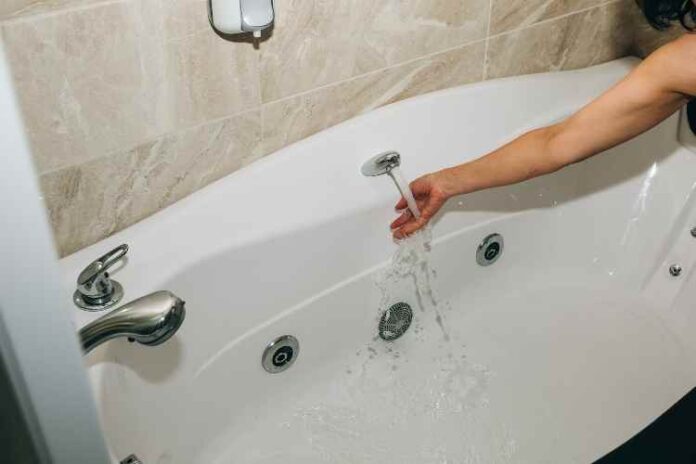Who among us could survive a day without hot water, especially as winter approaches?
And when the weather turns cooler, more of us are focusing on our gas hot water system in order to prepare for the upcoming chill.
Of course, there are other considerations you can make regarding your hot water as well. For instance, have you considered how much your hot water usage may be increasing your bills? Here are few ways which you can follow to save money.
· Raising The Thermostat
Most average households are comfortable at 120°F, even though many manufacturers set their water heater thermostats at 140°F. After making the change, try taking a shower; you probably won’t notice much of a difference in temperature. This modest cost reduction not only prevents scorching but also inhibits mineral accumulation and corrosion in your heater and pipes.
· Invest In Tanks
Insulating your storage tank (whether it is powered by electricity, natural gas, or oil) will help to cut down on heat loss and lessen the frequency of startup. The thermostat, burner, top, and bottom of the heater should not be covered, according to the manufacturer’s advice. To get help insulating your hot water tank, make a call to your neighborhood plumber.
· Assembling Heat Traps
Heat traps let cold water enter the tank but stop warm water and unwelcome convection from leaving the appliance. The majority of contemporary water heaters are built with heat traps. However, installing a heat trap is a reasonable solution if your device is older than 10 years (and in good condition). Get additional information by speaking to a licensed plumber.
· Drink Cold Water
Using cold water for most laundry loads, especially during the rinse cycle, and for daily hygiene (teeth brushing, hand washing, etc.), will go a long way toward lowering your utility expenditure. Additionally beneficial to your health and welfare, cold water is healthy.
· Fix Leaking Faucets
Even though a leaky faucet may seem like a minor annoyance, it may quickly waste water and money. Fix any leaky faucet right away (be sure to check the outdoor faucets as well)
· Squeeze The Tank
Draining your water heater about once a year is a good idea. By draining the tank, sediment that could obstruct heat transfer and reduce the unit’s effectiveness is removed. Despite the fact that this method is rather simple, you should always follow the manufacturer’s instructions. Call an expert for assistance with water heater maintenance if you’re unsure.
· Set Up A Timer
Traditional water heaters waste electricity because they operate continuously. A great approach to save energy and maybe extend the lifespan of your heater is to install a timer to turn it off at night. For more information about water heater timers, contact your neighborhood plumber.
· Rubber Pipes
Consider insulating the first 6 feet of the hot and cold water lines that are attached to the unit in addition to the tank itself. By doing this, fire threats will be reduced, and your heating system won’t have to work as hard to reheat it.






















